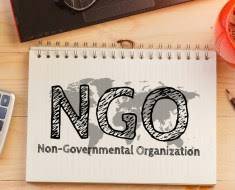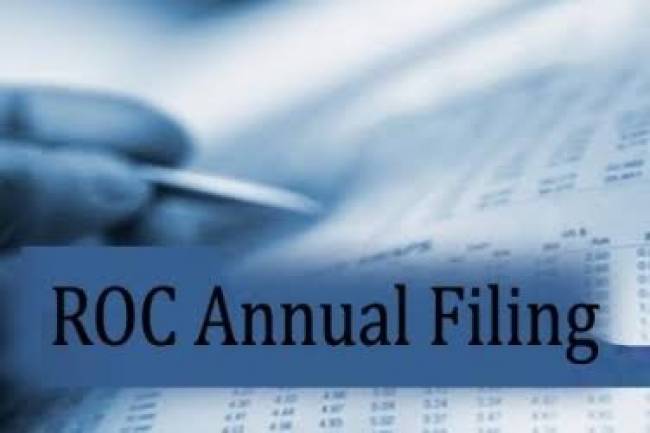
How To Start An NGO In India
In India, work in the social part is moored by non-administrative associations (NGOs). These associations are significant to empowering the poorer classes of society and parts of our economy that are frequently dismissed by government. In this manner, it is frequently said that NGOs do work that an affluent welfare state would take up. In India, then again, NGOs, all the more regularly known as beneficent associations, make due on the gifts by wealthier segments of society.
Beginning a NGO
One can enlist a NGO in India under the three demonstrations in India: Indian Trust Act, 1882, Societies Registration Act, 1862 and Companies Act, 2013. Be that as it may, before considering the enlistment procedure, one needs to:
1. Shape the mission and vision of NGO. Similarly as you would for an organization, a NGO needs objectives and a strategy for accomplishing those objectives.
2. Shape an administering body, which is the initial phase in the start-up process.
Shaping a Governing Body
A representing body is to be setup. This body will investigate the working of the NGO and its exercises. It will investigate matters of monetary administration, HR and arranging. The overseeing body will choose procedures relating to raising money and administration of individuals, as well. Regularly, the overseeing body is most vital in a NGO, as an association that depends on gifts must have a very much regarded set of people in charge.
Confide in Deed documentation
Before enlisting the NGO, the representing body must edge its own particular local laws, update of relationship (if there should be an occurrence of Section 8 organization) or put stock in deed, which will contain the name and address of the NGO, points of interest of individuals, standards and directions and an arrangement of regulatory laws.
Enlistment of a NGO
A NGO can be enlisted under three Acts in India, contingent on the methods of operation. Each Act sets out specific laws and controls to encourage the administration of a non-benefit association.
Indian Trust Act
Each state in India has distinctive confide in acts, and those states without a specific put stock in Act, are represented by the Indian Trust Act, 1882. NGOs are typically enrolled under this Act if property is included (suppose the working of schools and healing centers). A Trust Deed, with all basic data about budgetary administration and assets gathering, is obligatory for enrolling under Indian Trust Act, 1882.
Application:
An application for enrollment is to be moved. If there should be an occurrence of a trust, a shape is to be filled and the candidate needs to fasten a court expense stamp and an ostensible enrollment charge is to be paid which relies on the estimation of the property. The application frame is to be submitted alongside the confide in deed.
Social orders Registration Act, 1862
The most helpful method for setting up a NGO is through Societies Registration Act, 1860. Area 20 of Societies Act unmistakably determines which associations and social orders can be enrolled under the Act. Enlistment of a NGO under Societies Act should be possible at the state or area level.
At least seven overseeing board of trustees individuals is required to shape a Society under this Act. These individuals will be assigned as president, VP, treasurer, executive and individuals.
Application:
On account of society, enlistment should be possible at the state or region level. The system differs from state to state, be that as it may, generally, the update of affiliation, principles and directions, agree letter to every one of the individuals alongside ID proofs, and an affirmation from the president are required.
Indian Companies Act, 2013
An association can be enrolled under Section 8 of the Companies Act, 2013 'for advancing trade, craftsmanship, science, religion, philanthropy or some other valuable question'. Benefits from such an association must, be that as it may, be utilized for promote improvement of the organization and not be paid as profit to its individuals. At least three individuals (no furthest point of confinement) is required and Memorandum of Association is required through which the organization will work.
Application:
If there should arise an occurrence of an organization, a shape is to be filled for accessibility of name of the organization, alongside the expense. Once the accessibility of the name is affirmed, an application is given to the Company Law Board along the notice of affiliation, and revelation by a backer to guarantee the notice of affiliation agrees to the Act. The candidate needs to distribute an ad in two daily papers (one in the local dialect and another in an English daily paper) circled in that area.
Extraordinary Licenses
Aside from enrollment under the three demonstrations, if a NGO needs to open an office in tribal ranges or areas which require unique authorization, or utilize remote nationals, they require a Special Licensing, similar to the Shop and Establishment Act (for opening an office), inward line allow (for workplaces in Tribal and confined regions), FCRA enlistment and a no-protest declaration, with work visa (for utilizing outside nationals).
Likewise, any Foreign Nationals or International NGO setting up an office in India needs unique consent from the Reserve Bank of India and a no-complaint endorsement before enlistment under any of the previously mentioned acts.
Additionally, if a NGO needs assess exception, they need to record an application alongside their yearly answer to gain 80G confirmation.
Visit HireCA.com Now



















